Some are created for beauty, and some for use; and there are some which one can do without altogether
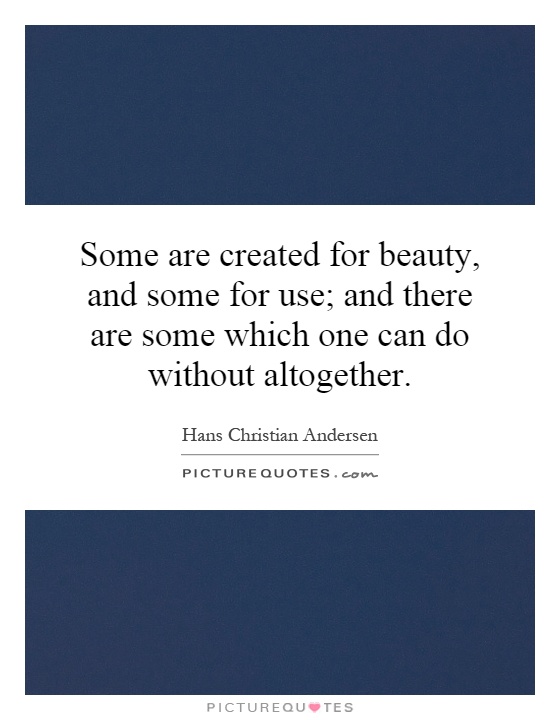
Some are created for beauty, and some for use; and there are some which one can do without altogether
Hans Christian Andersen, the renowned Danish author, is often celebrated for his timeless fairy tales that have captivated readers of all ages for generations. His stories are filled with rich imagery, vivid characters, and moral lessons that continue to resonate with audiences around the world. In many of his tales, Andersen explores the themes of beauty, utility, and necessity, highlighting the different roles that objects and individuals play in society."Some are created for beauty, and some for use; and there are some which one can do without altogether" is a quote that encapsulates Andersen's philosophy on the value of objects and individuals in the world. In his stories, Andersen often contrasts the beauty of the natural world with the practicality of everyday objects, showing how both have their own unique purpose and significance.
For example, in "The Ugly Duckling," Andersen tells the story of a young duckling who is ostracized by his peers for being different. Despite his appearance, the ugly duckling eventually transforms into a beautiful swan, highlighting the idea that beauty is not always visible on the surface. This tale emphasizes the importance of looking beyond outward appearances and recognizing the inherent value and potential in all living beings.
Similarly, in "The Little Mermaid," Andersen explores the theme of sacrifice and selflessness as the mermaid gives up her voice in exchange for legs in order to be with the prince she loves. This story illustrates the idea that some things are worth sacrificing for the greater good, even if it means giving up something as precious as one's own voice.
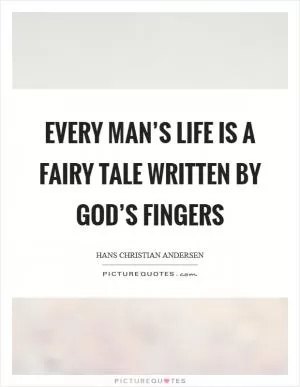

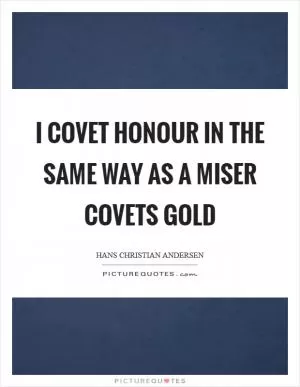
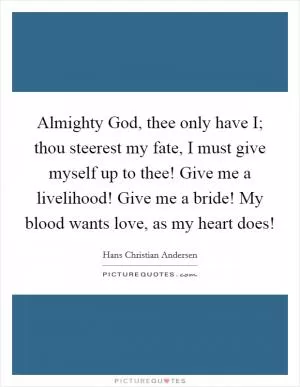

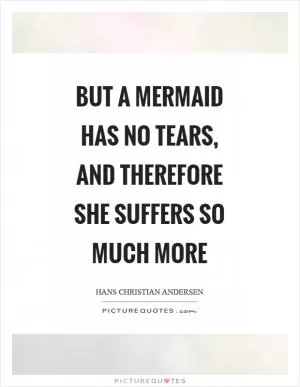
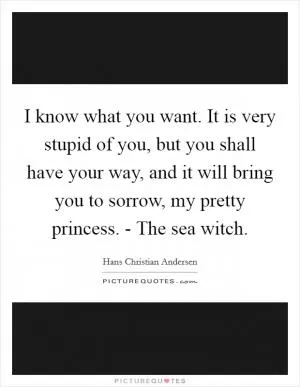
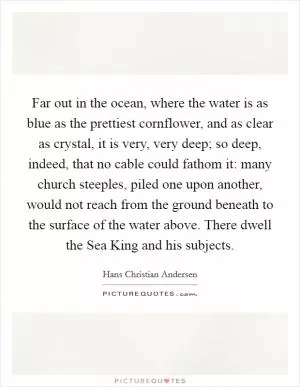
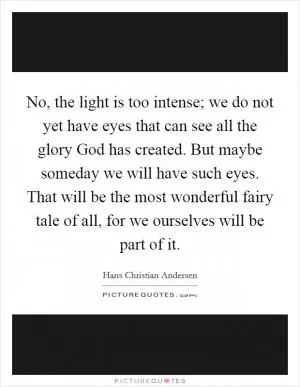
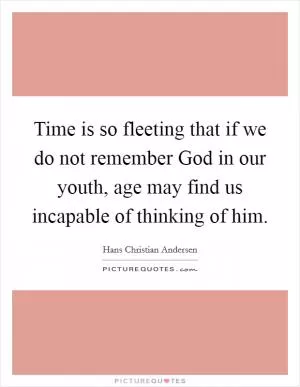
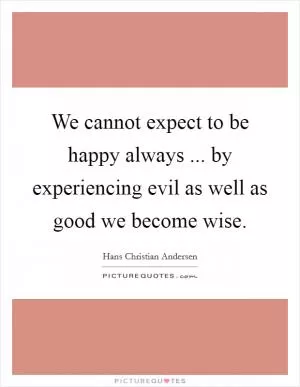
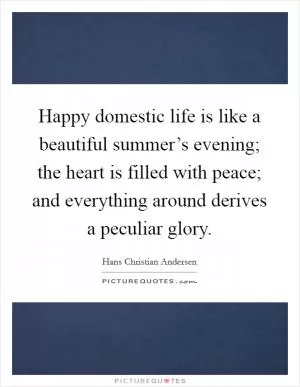
 Friendship Quotes
Friendship Quotes Love Quotes
Love Quotes Life Quotes
Life Quotes Funny Quotes
Funny Quotes Motivational Quotes
Motivational Quotes Inspirational Quotes
Inspirational Quotes